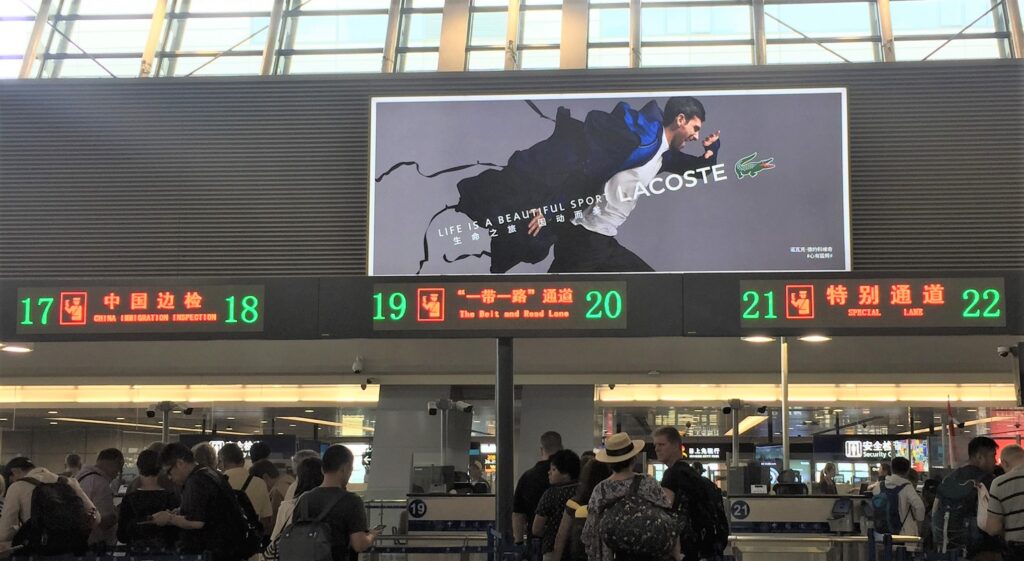Two new papers by Jasper Habicht
States reserve the right, derived from their sovereignty, to determine who can and cannot enter the country. While the entry of citizens to their home country is today enshrined in international law as inalienable human right, foreign nationals typically do not possess the right to enter a country. With the recent spread of the novel coronavirus SARS-CoV-2, this fact is once again clearly demonstrated: EU citizens who had become accustomed to free movement and open borders within the Schengen area are suddenly confronted with quarantine measures and travel restrictions.
In order to curb the spread of the novel coronavirus SARS-CoV-2, the People’s Republic of China has imposed an entry ban as of 28 March 2020, which severely affects the entry of foreigners to the country. Visas and residence permits valid at the time of the entry ban’s entry into force cannot be used to enter China until further notice, and new visas will only be issued for certain necessary activities. Such an entry ban announced at short notice is a considerable encroachment on personal freedom and poses unexpected challenges for individuals, especially in the context of employment. How should one act as a foreign employee in this case? What are the possibilities of circumventing or even challenging the entry ban? What possibilities do employers have in cases where a foreign employee is unable to appear at work due to the entry ban?

The essay “The current ban on entry into the People’s Republic of China due to the COVID-19 epidemic and resulting problems in the context of employment” (Zeitschrift für Chinesisches Recht 27(1), 18-27; preliminary version available on SSRN) by Jasper Habicht places the entry ban in its legal context and attempts to provide a rough first assessment. It concludes that foreign nationals have no access to legal remedies against restrictions of their entry to China, before they entered the country. It also assumes that individual solutions based on mutual agreements are probably the best choice to solve labour disputes in the context of the current situation.
However, the People’s Republic of China not only restricts the entry of foreign nationals in certain circumstances, but also their exit. Exit restrictions of foreign nationals are also known in other countries in the context of criminal investigation or the persecution of administrative or criminal offences. However, in the case of China, exit restrictions may also be a result of civil litigation.
In recent years, literature has pointed to the problem of exit restrictions that may be imposed upon defaulting debtors in China. The Civil Procedure Law allows courts to impose exit restriction as a measure to enforce judicial decisions, but the Exit-Entry Administration Law extends this regulation to pending civil cases. The practice of courts to apply exit restriction as a form of injunction exhibits a number of problems: the legal basis is vague, the scope of application to legal persons is unclear and courts often conduct only a formal examination of applications. As their aim is not to directly safeguard assets in dispute, it is debatable whether exit restrictions should be classified as preservative measures as applied by courts. When a legal entity is a defendant in a civil case, exit restriction can be applied to almost any of its managerial staff.
Habicht’s article “Exit restrictions in the context of Chinese civil litigation” (Asia Pacific Law Review 27(1), 83–101) concludes that exit restrictions are a considerable impingement on personal freedom and should therefore only applied where no other, less stringent measure is available. In practice, however, they are imposed by Chinese courts in a quick and severe manner and legal remedies are opaque. As a result, a high degree of legal uncertainty evolves, which may well discourage foreign individuals and enterprises from investing in China.
